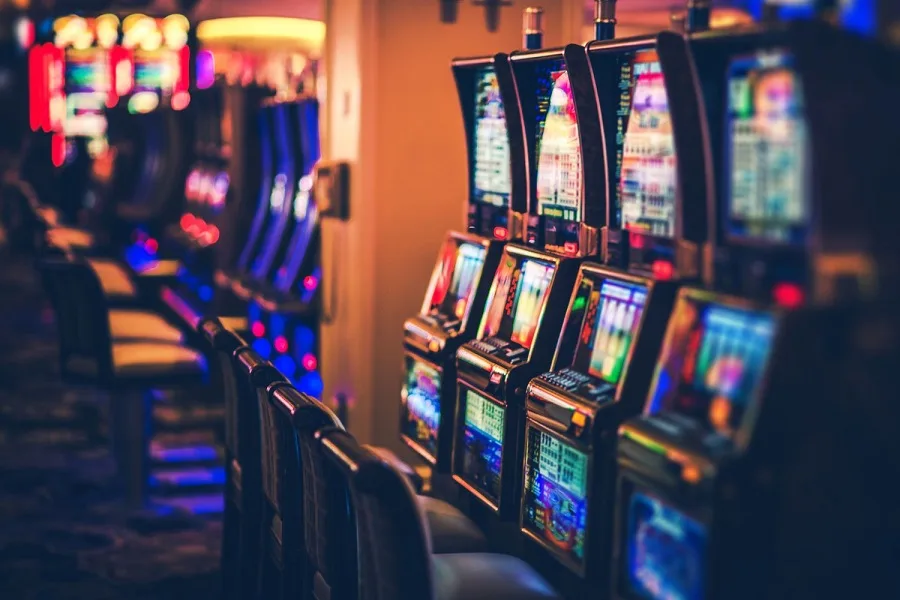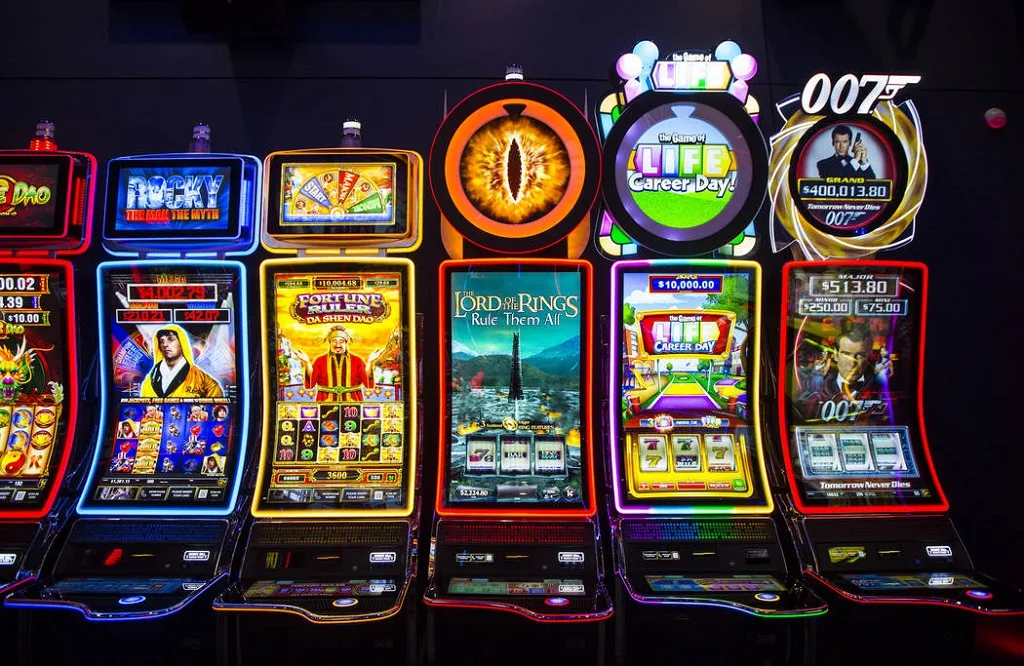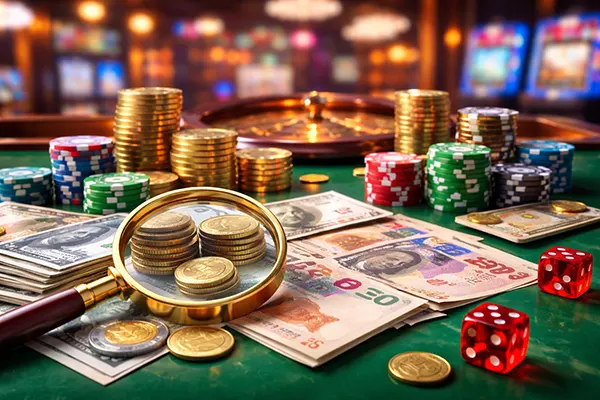The Evolution of Slot Machines: From Mechanical to Digital

The history of slot machines is a fascinating journey from simple mechanical devices to the complex digital games we see in casinos today. This evolution reflects not only advances in technology but also changes in gambling culture and regulation.
The Origins of Slot Machines
Slot machines were invented in the late 19th century by Charles Fey, a mechanic from San Francisco. Fey’s Liberty Bell machine, created in 1895, is considered the first true slot machine. It featured three spinning reels with five symbols: horseshoes, diamonds, spades, hearts, and the Liberty Bell. The machine paid out when players landed three bells in a row, a rare occurrence that awarded the lucky gambler fifty cents or ten nickels.
The Expansion of Mechanical Slots
In the early 20th century, slot machines spread across the United States, becoming popular in bars, saloons, and even barber shops. These early machines were entirely mechanical, with complex arrangements of gears, levers, and springs driving the spinning reels.
Understanding Slot Symbols
The symbols on slot machines have evolved significantly since the Liberty Bell’s time. Initially, symbols were chosen for their familiarity and association with good luck. Today, slot machines feature a wide variety of symbols, each with different meanings and values.
Classic and Thematic Symbols
While many modern slots still include classic symbols like fruits, bars, and 7s, there has been a shift towards themed slots. These games feature symbols related to the slot’s theme, such as ancient Egypt, outer space, or popular movies, adding an extra layer of engagement for players.
The Role of Wilds and Scatters
Modern slots also include special symbols like wilds and scatters. Wilds can substitute for other symbols to form winning combinations, while scatters trigger bonus features, such as free spins or mini-games, providing players with additional chances to win.
The Mechanics Behind Slot Machines
Understanding the inner workings of slot machines is key to appreciating their appeal. Originally mechanical, today’s slots are powered by complex algorithms and random number generators (RNGs).
From Mechanical to Electronic
The transition from mechanical to electronic slots in the 1970s and 1980s introduced more reliable and varied gameplay. Electronic slots could offer larger jackpots and more intricate bonus features, significantly enhancing the gaming experience.
The Importance of Random Number Generators
RNGs are the heart of modern slot machines, ensuring that each spin is entirely random and independent of previous outcomes. This randomness is critical for fair play and makes predicting the outcome of any spin impossible.

Strategies for Playing Slot Machines
While slots are games of chance, certain strategies can maximize your chances of winning. These include managing your bankroll effectively, understanding the paytable, and choosing machines with higher payout percentages.
Bankroll Management and Machine Selection
Setting a budget and sticking to it can prevent significant losses, while selecting machines with higher Return to Player (RTP) percentages can increase your chances of winning over time.
The Digital Transformation of Slot Machines
The advent of the internet and digital technology has transformed slot machines once again. Online slots and mobile gaming have made slots more accessible than ever, allowing players to enjoy a wide variety of games from anywhere.
The Future of Slot Gaming
As technology continues to advance, the future of slot gaming looks promising. Virtual reality slots and further innovations in digital gaming are set to provide even more immersive and engaging experiences for players.



